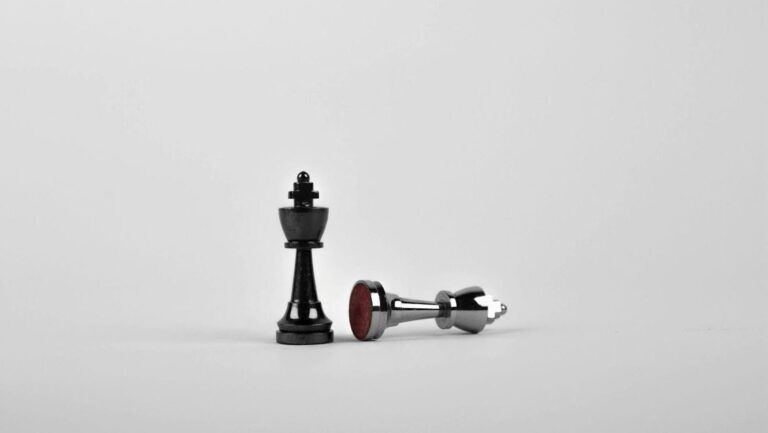It’s a strange thing — coming close to success can feel worse than not getting close at all. Whether it’s missing a promotion by one vote, losing a race by half a second, or falling just short in a competition, the sting of “almost” stays with us. In fact, this emotional spike is so strong that it can even influence behavior in unrelated areas. Some people might even seek out moments that mimic the thrill and frustration of a near-win, the same way certain games can draw you in when you read more about how they work. The pull of “just one more try” is powerful — and very human.
Why Near-Wins Stick in Our Memory
A complete loss is final. There’s no lingering question about what could have happened. A near-win, however, leaves the door open. You replay it in your mind, imagining a slightly different move, a different choice, a different outcome.
This mental replay loop is one of the reasons near-wins feel sharper. Psychologists call it counterfactual thinking — the tendency to imagine alternatives to reality. The closer the outcome, the more vivid and persistent these mental “what if” scenarios become.
The Role of the Brain’s Reward System
When we come close to winning, our brain reacts as if we’ve partially succeeded. Dopamine — the chemical associated with reward and motivation — spikes, even without a win. This creates a kind of mixed signal.
On one hand, there’s excitement from being close. On the other, there’s frustration at the miss. This combination can be more motivating than an outright win because it creates the urge to try again and close the gap.
Why “Almost” Can Hurt More Than Losing Badly
Losing by a wide margin gives the brain closure. The outcome feels unchangeable. But a narrow loss feels like it could have been avoided.
That sense of control — real or imagined — is part of what makes it hurt. If you believe you could have changed the outcome with a small adjustment, the loss feels personal. You weren’t just beaten; you missed your chance.
How Near-Wins Influence Future Behavior
Near-wins can push people in two directions. Some become more determined, using the near-miss as fuel for improvement. Others feel discouraged and step back entirely.
The deciding factor often comes down to mindset. If you see the “almost” as a sign of potential, it can be energizing. If you see it as proof of inadequacy, it can be demoralizing.
Interestingly, in competitive settings, near-wins often increase persistence. This is why certain sports, games, and even work environments use close outcomes as a way to keep people engaged.
The Link Between Near-Wins and Risk
Because near-wins create a rush of both hope and frustration, they can make people more willing to take risks. It’s not just about wanting the reward — it’s about wanting to erase the discomfort of being so close and failing.
This can lead to more attempts, more risks, and sometimes, more losses. It’s a cycle built on the tension between possibility and disappointment.
Reframing the “Almost”
One way to handle the sting of near-wins is to reframe them. Instead of seeing them as proof of failure, they can be seen as markers of progress.
If you were far from success before and now you’re close, it means improvement has happened. The near-win is a sign that you’re on the right track, even if it’s frustrating in the moment.
This reframing can take time. It’s natural to feel the emotional hit first. But in the long run, recognizing the value in “almost” can turn it from a source of pain into a source of drive.
Near-wins cut deep because they sit in the space between achievement and failure. They tease us with possibility while denying us the closure of a clean loss. They push us to imagine different outcomes, often making the memory stronger and the emotion sharper.
The psychology of “almost” shows just how sensitive we are to the margins of success. It’s not just the win or loss that matters — it’s how close we came. And for better or worse, that closeness can shape our choices long after the moment has passed.





